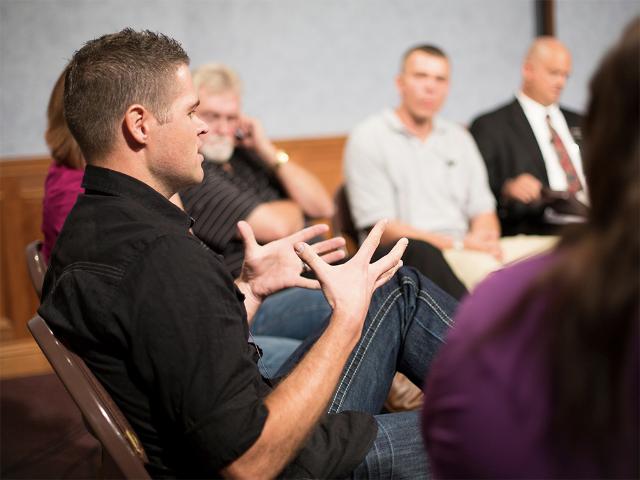
Restoring Connections After Addiction
GeneralIn the tumultuous journey of recovery from addiction, one of the most challenging yet rewarding aspects is rebuilding relationships that may have been strained or broken. Addiction can take a toll not only on the individual but also on their connections with family, friends, and loved ones. This article delves into the complexities of rebuilding relationships after addiction, offering insights and strategies to restore connections and foster a healthier, more supportive environment.
Understanding the Impact of Addiction on Relationships
Addiction is a pervasive force that affects every aspect of an individual’s life, and relationships are no exception. The lies, deceit, and broken promises that often accompany addiction can erode trust and create emotional distance. Loved ones may feel hurt, betrayed, or frustrated, leading to strained relationships that require intentional effort to repair.
The Role of Communication in Rebuilding Relationships
Effective communication is the cornerstone of rebuilding relationships after addiction. Open and honest dialogue provides a platform for expressing feelings, addressing concerns, and rebuilding trust. Individuals in recovery must be willing to acknowledge the pain they may have caused and actively work towards rebuilding connections through transparent communication.
Patience and Understanding: Key Ingredients in the Rebuilding Process
Rebuilding relationships is not a quick fix; it’s a gradual process that requires patience and understanding. Loved ones need time to heal, and individuals in recovery must recognize and respect this. Patience, combined with a genuine understanding of the impact of addiction, lays the foundation for rebuilding connections that are stronger and more resilient than before.
Seeking Professional Guidance
Navigating the delicate path of rebuilding relationships after addiction may benefit from professional guidance. Family therapy, counseling, or support groups can provide a safe space for both individuals in recovery and their loved ones to address underlying issues, learn effective communication strategies, and gain insights into the recovery process.
Establishing Boundaries for a Healthy Future
Setting and respecting boundaries is crucial in rebuilding relationships. Both parties need to establish clear expectations for behavior and communication. This ensures a healthy and supportive environment that promotes recovery and prevents the re-emergence of destructive patterns.

Celebrating Milestones: Recognizing Progress and Growth
In the journey of recovery, celebrating milestones is essential. Whether it’s a month of sobriety, completing a counseling program, or achieving personal goals, recognizing and celebrating these achievements reinforces positive behavior and fosters a sense of accomplishment. Such celebrations contribute to rebuilding relationships by focusing on the positive aspects of the recovery journey.
Moving Forward: A Shared Commitment to a Brighter Future
Rebuilding relationships after addiction requires a shared commitment to a brighter future. Both individuals in recovery and their loved ones must actively contribute to the healing process. This involves continuous communication, empathy, and a dedication to personal and relational growth. By working together, individuals can rebuild relationships that are not only restored but also strengthened by the shared experience of overcoming addiction.
Conclusion
Rebuilding relationships after addiction is a challenging yet transformative process. It demands sincere effort, patience, and a commitment to change. By fostering open communication, seeking professional guidance when needed, and celebrating milestones, individuals can rebuild connections that are resilient and supportive. The journey may be arduous, but the rewards of restored relationships and a healthier future make it worthwhile. For more information or to read all about substance abuse signs, check out their page to learn more.








